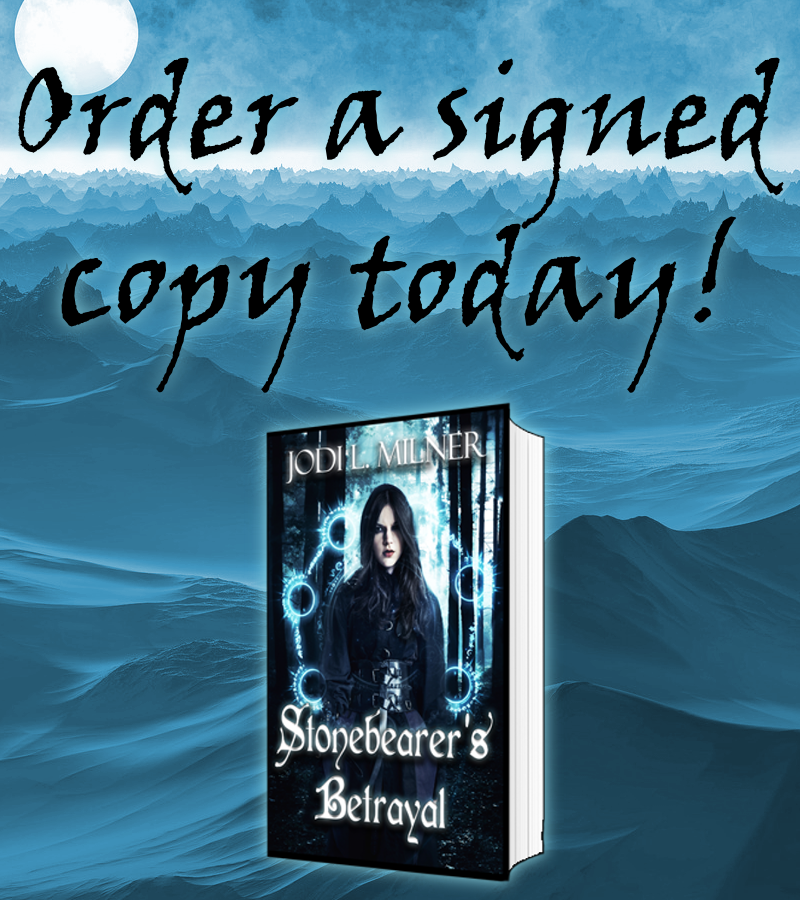To read part one, click here.
Today we will discuss the less tangible aspect of a writer’s voice – what makes your writing distinct from other writers. This is a far more difficult task than yesterday’s technical discussion. Describing the uniqueness of voice is much like describing a work of fine art by using numbers and measurements.
There are many aspects of what makes a voice unique, here are a few:
- Vocabulary usage – Do you lean towards complicated words or simple?
- Sentence length – Do you prefer shorter sentences, long meandering sentences, or a mix or both?
- Trademark characters – Do your main characters share similar traits?
- Recurring themes – Do you tend to stick to the same subject or emphasis?
- Use of humor – Do you prefer using it or avoiding it?
- Use of sarcasm – Same as humor, do you use it?
- Scene setting – Do you spend time describing the scene in detail? Are there things that your narrator notices more, like water features and cleanliness?
- Backstory – Do you include long passages of backstory or do you give clues so the reader can put the pieces together?
- Story pacing – Do you prefer a fast-paced, action-packed thriller or a thoughtful introspective story?
There are dozens more elements that can be considered and no writer will answer in the same way. That is what makes our writing unique.
I’m sure there are specific writing exercises engineered to develop voice. The recurring bit of advice for discovering and developing voice is to write, write, and write some more. The more material you create the more obvious your personal style will become.
The most effective way to see how your voice has grown and developed is to pick up something you’ve written a few months ago. You will immediately see ways you can change it to sound better, or areas you can edit to improve the flow. This is one reason it’s important to allow a manuscript to ‘rest’ between drafts.
Developing a unique writing style and voice takes time and work, keep at it and it will come.




Excellent post, well thought out and reasoned.
Well done
What if I just wanted you to do all my writerly voice development for me? I could make you pop tarts and stir your beverage of choice and you could do all this hard stuff? Think about it. I could even sweep up.
You made me laugh so hard I nearly fell off my chair! Maybe for Toaster Strudels I would. Sorry, if you want to grow you have to do it yourself. Although I’ll still take the service, I have a floor that seriously need mopping!
bwahaha, priceless!
Nice post, Jo.
My characters always notice the FOOD first. : )
No surprise there Nancy. Mine tend to nod their heads at random, I really need to find them something better to do!
Great blog! I think one of my trademarks is that my main characters are musicians in both of the novels I’ve written. Not sure what this is, maybe because I was a rock musician myself for a few years and you know what they say…write about what you know 🙂
I seem to like themes about fate and how it intervenes in our lives maybe because my own life has been very strange in that respect.
I also have noticed I have animals for comic relief. I try to avoid giving a lot of backstory as that kind of stuff bores me. Prefer to find out things little by little, perhaps in conversations the characters have. I could never do the King style of writing where he tells you the story of the town the characters live in, it’s interesting but I tend to want to skip to the action bits lol.
Oh dear…what a long reply…apologies!
Sounds awesome – would love to read some of your stuff, do you post any to your blog?
I tend to focus first on my characters’ ethnicity.
Good blog!
I’ve noticed a trend for devices of non standard grammar in a lot of fiction at the moment. One example is the use of minor sentences, which do not have verbs, as in Hilary Mantel’s stuff. It’s perfectly acceptable – desirable even – to do this with adjectives for a dramatic effect. For example: ‘The boy was standing. Alone. Frightened.’
There is also a trend for spliced commas and semi colons – x,y,z, instead of the x, y and z standard formula in a lot of fiction right now.
I think these devices are good and helpful in building tension and drama in tone.
However, I have reservations on two scores: firstly, the pedant in me wants to revert to standard grammar at every opportunity, and secondly, there is a chance that such a linguistic style may one day appear as dated and irrelevant as some Victorian fiction such as Ainsworth Harrison or something.
Sorry; rambling a bit there! But finding one’s style/voice can be difficult.
There are some neat ways of adding additional impact and focus to words using punctuation. I think the one word sentences are in fashion right know but will fade and make the work look dated to the txting era. That, or because of the whole digital communication era it will get much much worse. Only time will tell. For now if you like it, go for it!
Pingback: Weekly Review #19 « My Literary Quest
Yes, think you’re right. We can only go with our instincts, at the end of the day.
I struggle with view point. I am working on a novel in third person, from the point of view of one character, but find this limiting. I wonder if it is okay to switch view point between two or three characters every few chapters…?
There is nothing wrong with switching view points between characters as long as you don’t leave your reader confused. Between chapters is an easy way to do it. I would use caution, only switch if there is a real need to do so, say to further the plot, not because you are getting bored of your character.
I am constantly revising old writing, it doesn’t matter what it is, how good it was once, or how much time has gone by: never do I pick up a piece of my work without making serious changes. I believe “writing is rewriting” but I forgot who first said that.